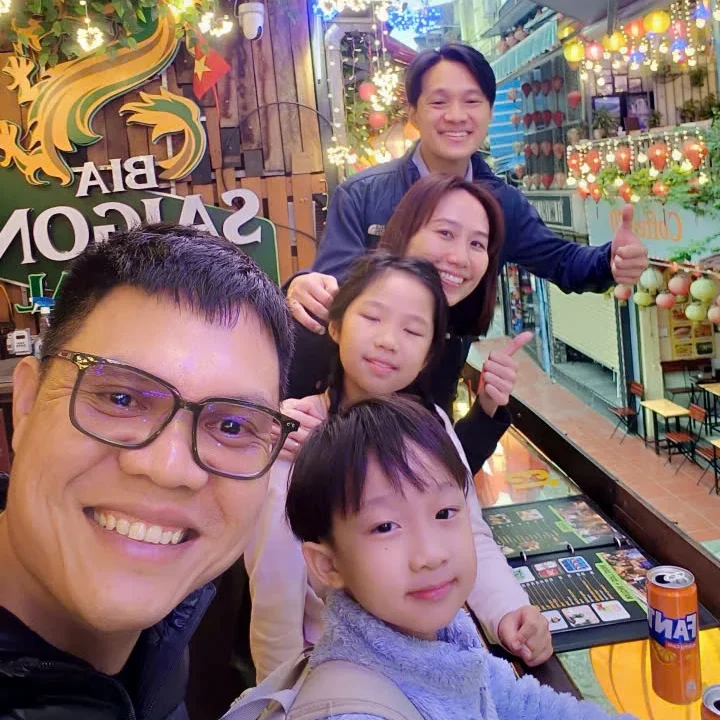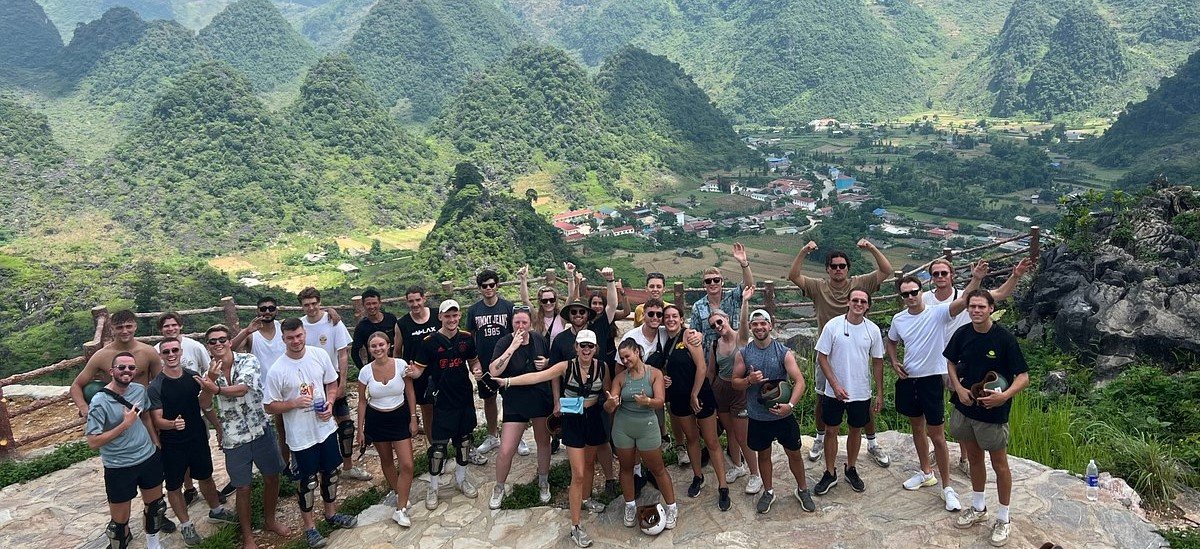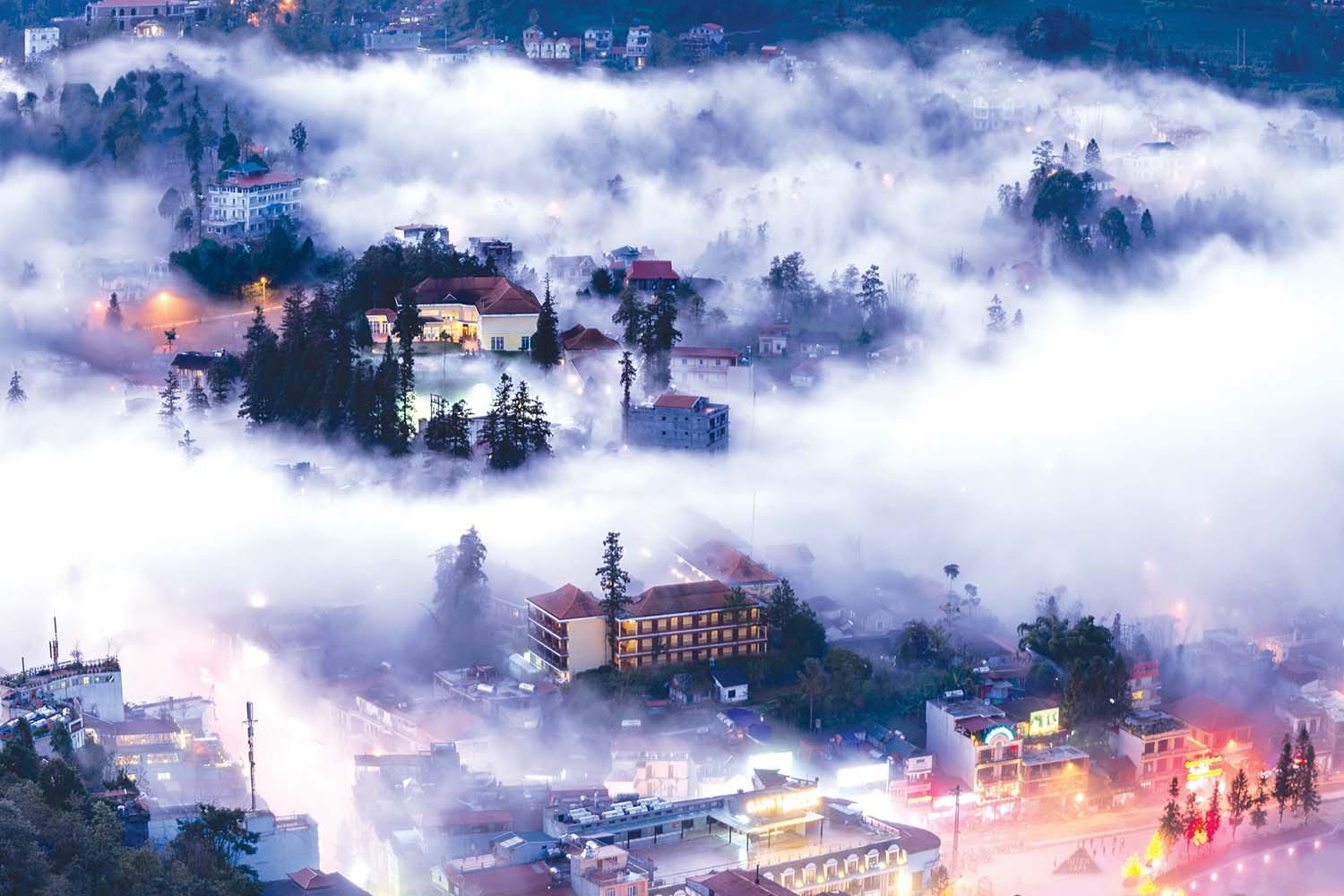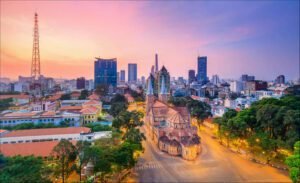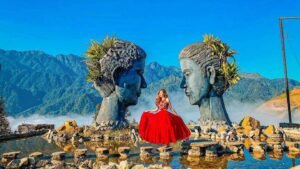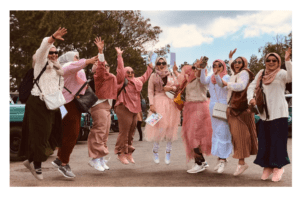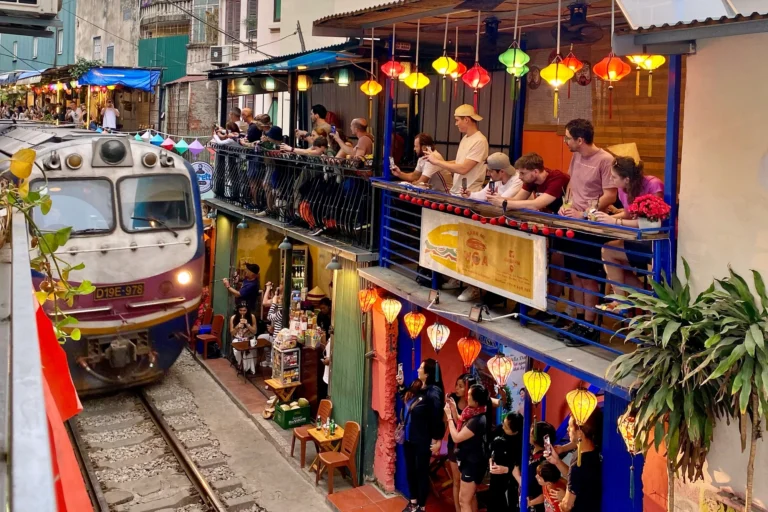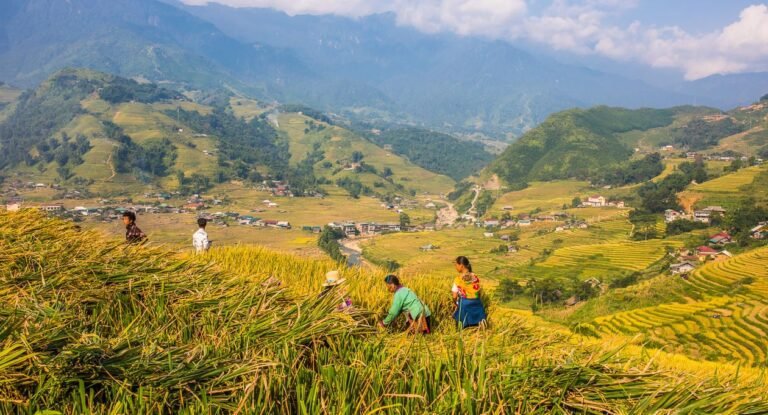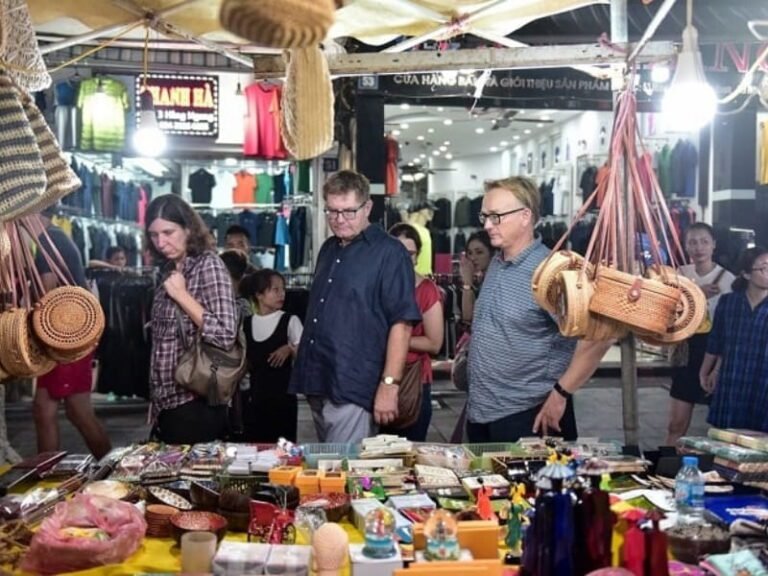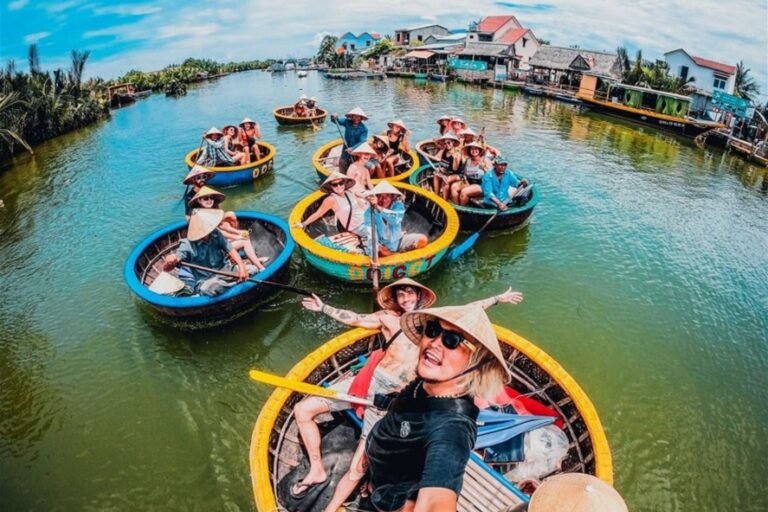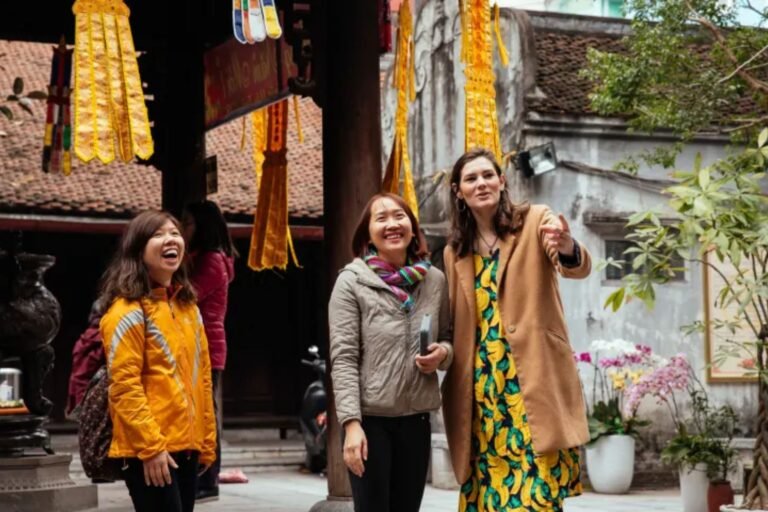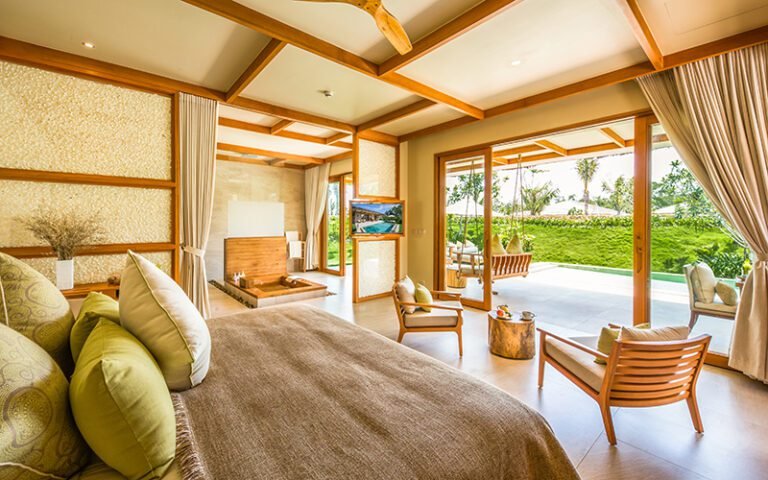Why You Should Experience Vietnamese Culture?
Vietnam is more than just a country—it’s a living, breathing museum of Vietnamese culture and traditions shaped over centuries. From the bustling cities to the serene countryside, every corner of Vietnam offers a unique cultural experience. So, why not explore a world where ancient Vietnamese customs blend seamlessly with modern life?

1. The Essence of Vietnamese Culture
1.1. Historical Influences on Vietnamese Culture
🇻🇳 The Role of Chinese and French Colonization
Vietnamese culture has been profoundly shaped by its history. Over a thousand years of Chinese rule left a mark on language, cuisine, and religion. Meanwhile, French colonization introduced baguettes (now seen in banh mi), coffee culture, and architectural influences that are still evident today.
🇻🇳 Post-War Resilience and Modern Identity
Despite its turbulent history, Vietnam emerged as a resilient nation. The people’s determination to preserve their identity has resulted in a unique blend of old and new, seen in everything from daily rituals to urban development.
🔥 Delve into Vietnamese history and culture at fascinating Hanoi Museums!
1.2. Core Values in Vietnamese Traditions
🏡 Family as the Cornerstone
Family is the bedrock of Vietnamese society and culture. It’s more than just a unit; it’s a complex tapestry woven with threads of love, respect, and shared experiences. From the daily rituals of sharing meals together to the strong bonds between generations living under one roof, family is the heart that beats within every Vietnamese household.

🏡 Respect for Elders and Ancestors
The reverence for elders and ancestors is deeply ingrained in the Vietnamese cultural fabric. This respect is manifest in various ways, from the simple act of using honorific titles to the elaborate rituals performed during festivals and family ceremonies. Home altars, adorned with offerings of food, incense, and flowers, serve as sacred spaces where families connect with their departed loved ones, seeking their blessings and guidance.
🏡 Hospitality and Kindness
Vietnamese people are renowned for their warm and welcoming nature, which is deeply rooted in Vietnamese culture. A simple greeting can often lead to a deeper connection, as locals are eager to share stories, offer advice, or simply enjoy a cup of tea with visitors. This hospitality is a reflection of the Vietnamese belief in the importance of human connection and the power of kindness to bridge cultural divides.
🔥 Discover the surprising truth about One Pillar Pagoda.
2. Vietnamese Customs You’ll Love
2.1. Celebrating Tet (Vietnamese Lunar New Year)
🧧 Customs During Tet
Tet is Vietnam’s most significant holiday, a time for family reunions, feasting, and welcoming the Lunar New Year. From red envelopes to dragon dances, the celebrations are vibrant and meaningful.

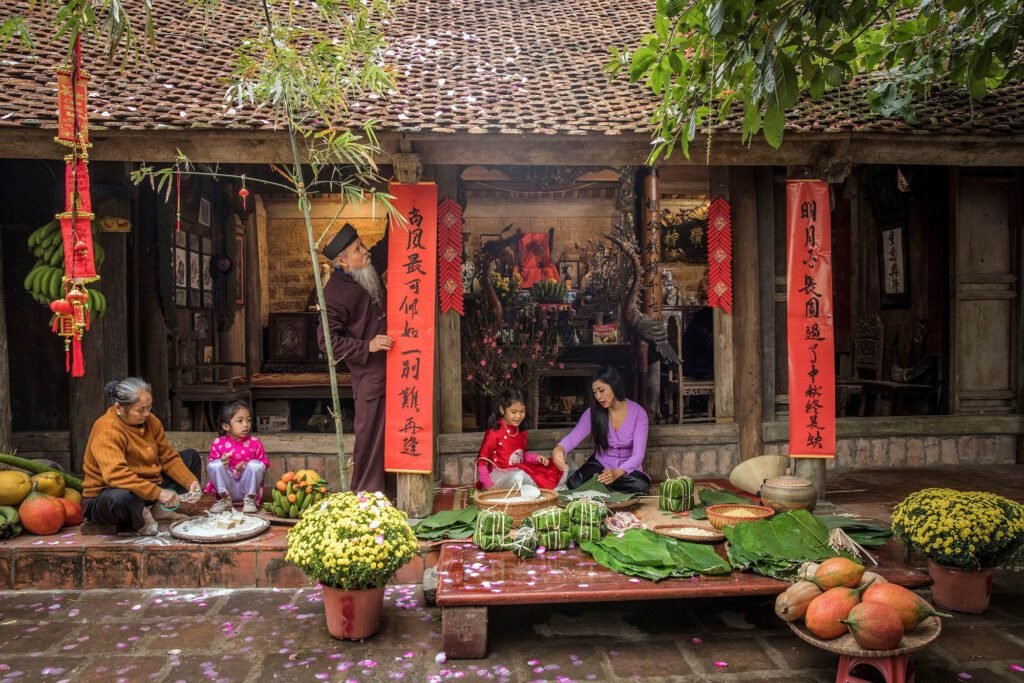
🧧 Symbolism and Significance
Beyond its spiritual connotations, the red envelope also plays a vital role in reinforcing social bonds and promoting Vietnamese culture. The act of giving “li xi” (lucky money) is a way of expressing love, respect, and appreciation for family and friends. It’s a tradition that strengthens community ties and fosters a sense of unity within Vietnamese culture.

🇻🇳 Celebrate the Lunar New Year like a local! Learn more about the Vietnamese Tet Holiday through traditions and customs.
2.2. Unique Vietnamese Weddings
💍 Traditional Ceremonies
Vietnamese weddings are a colorful mix of rituals, from the tea ceremony to elaborate feasts, blending tradition with modern touches.
💍 Modern Adaptations
While many couples maintain traditional elements, modern Vietnamese weddings often incorporate Western influences, creating a unique cultural fusion.
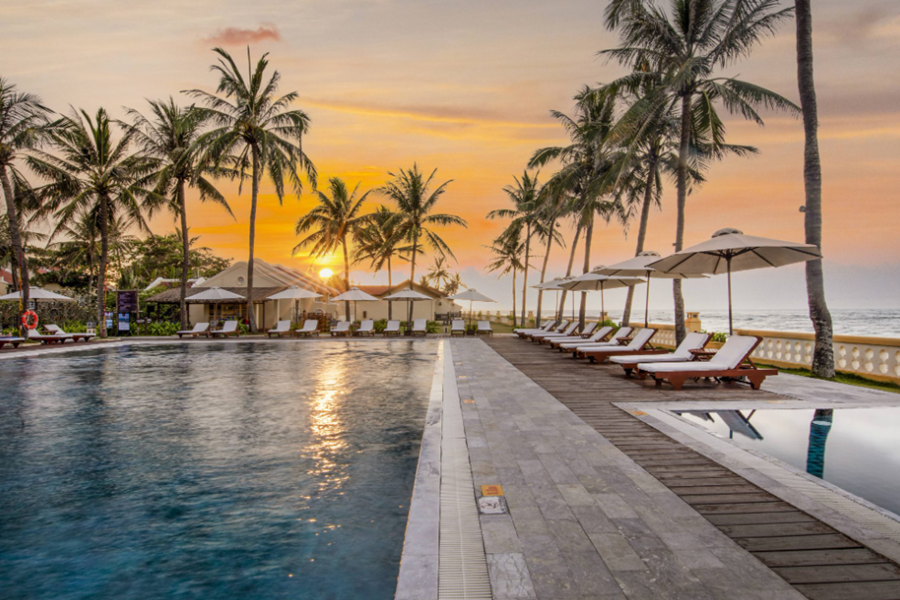

2.3. The Art of Offering and Ancestor Worship
Visiting temples and making offerings is an integral part of Vietnamese spirituality. This practice connects people with their heritage and provides a sense of balance and gratitude.
3. Vietnamese Cuisine: A Feast for the Senses
3.1. Vietnamese Street Food Culture
🍜 Must-Try Dishes Like Pho and Banh Mi
Vietnamese cuisine is a flavorful journey. Street food staples like pho (noodle soup) and banh mi (Vietnamese sandwich) are must-tries for any visitor.
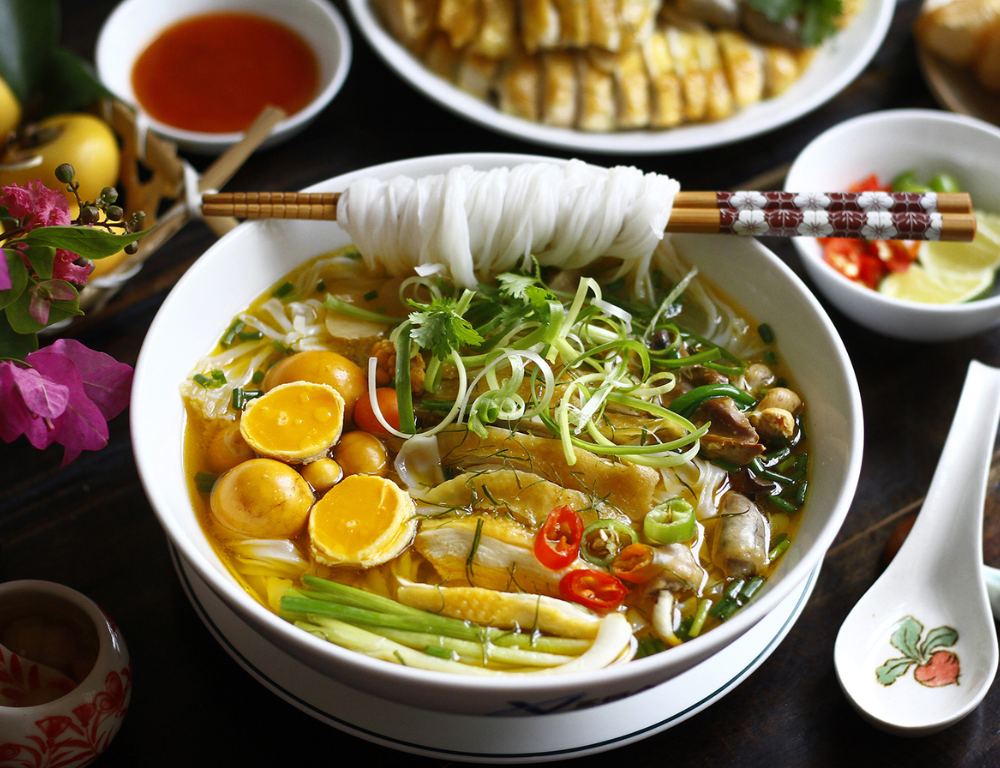
🍜 The Experience of Vietnamese Coffee
Don’t miss Vietnamese coffee, often served with condensed milk or as egg coffee—a sweet, creamy delight.
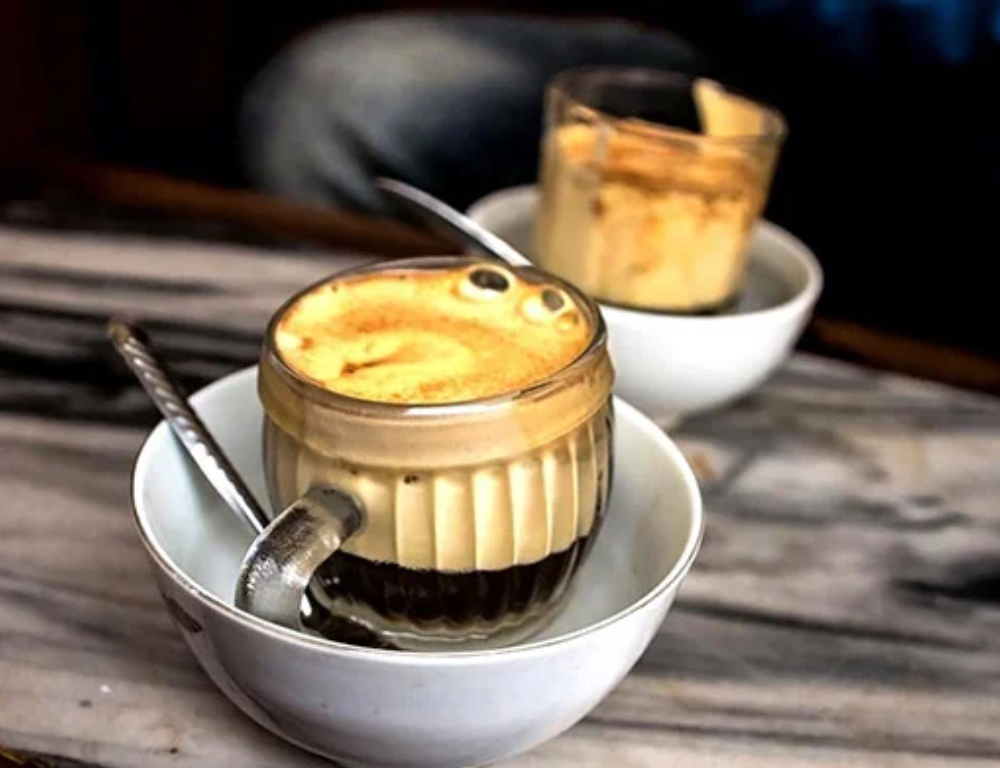
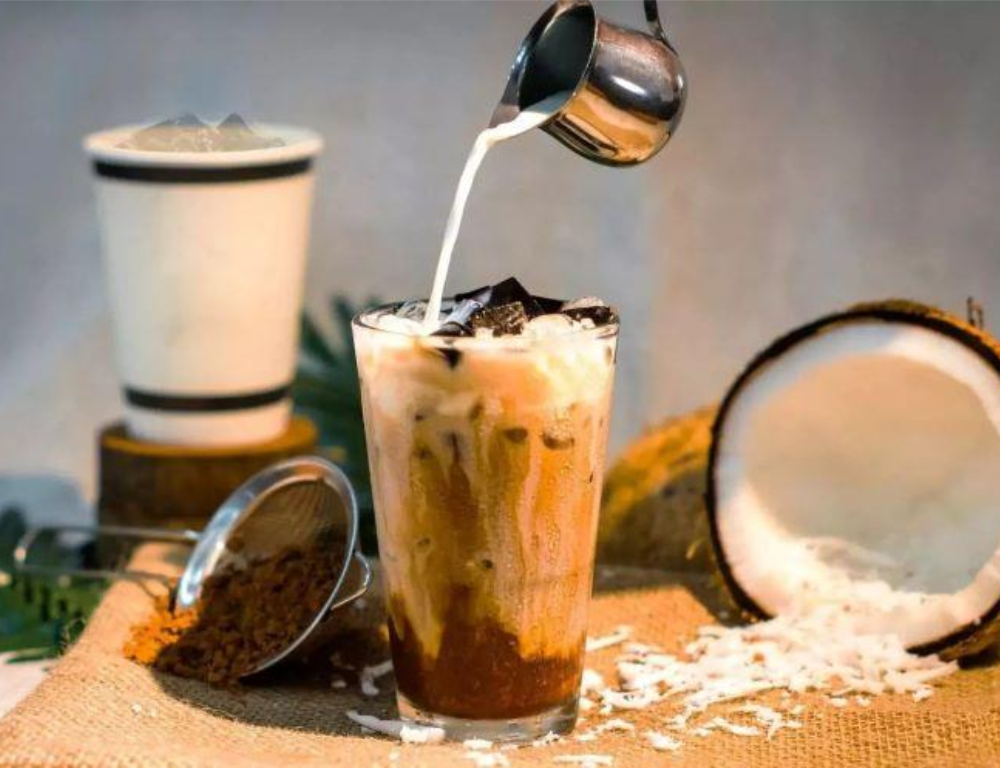
🔥 Want to learn more about Hanoi street food? Click here to read our in-depth guide.
3.2. Regional Diversity in Flavors
🍜 Northern Simplicity
Northern Vietnamese cuisine is renowned for its delicate and understated flavors, reflecting the essence of Vietnamese culture. Dishes often highlight the natural taste of fresh, seasonal ingredients, such as fragrant herbs, crisp vegetables, and tender meats. This culinary style emphasizes simplicity and balance, with a focus on subtle seasonings and clean, clear broths.
🍜 Spicy Southern Dishes
In contrast, southern Vietnamese cuisine is bold and vibrant, characterized by its bold flavors and liberal use of spices. Dishes often incorporate a variety of chili peppers, lemongrass, and fish sauce, creating a complex and satisfying taste profile. Southern Vietnamese cuisine is also known for its sweet and savory combinations, as well as its innovative use of tropical fruits and vegetables.
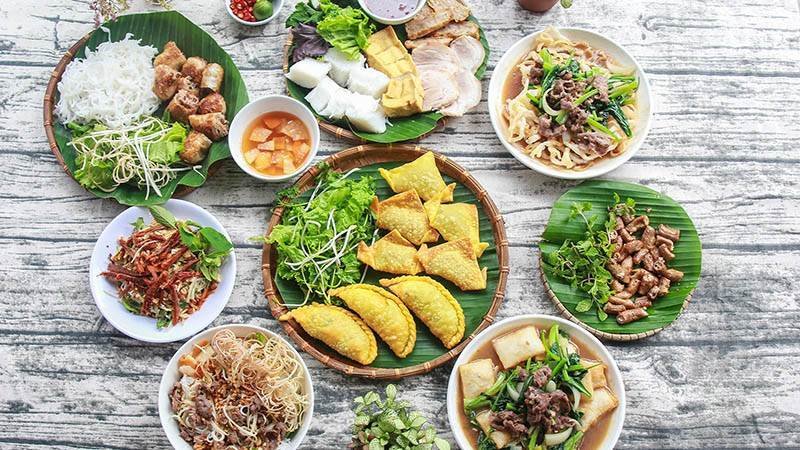
🍜 Central Vietnam’s Imperial Cuisine
The central region of Vietnam, particularly the historic city of Hue, is home to a rich and sophisticated culinary tradition deeply rooted in Vietnamese culture. Influenced by royal court cuisine, central Vietnamese dishes are often intricate and visually stunning. They frequently incorporate a wide range of unfamiliar ingredients, such as wild mushrooms, sea urchins, and strange herbs. Central Vietnamese cuisine is also known for its elegant presentation and its emphasis on balance and harmony.
📸 Immerse yourself in Vietnam’s captivating culture. From ancient temples to vibrant festivals, there’s something for everyone. | Contact us via WhatsApp or follow Sun Getaways Travel Fanpage for personalized trip planning. Or follow these posts to explore the cultural wonders of Vietnam:
4. Traditional Vietnamese Arts and Performances
4.1. Water Puppet Theatre
A mesmerizing blend of artistry and tradition, water puppetry is an ancient Vietnamese art form that captivates audiences of all ages. Colorful, wooden puppets glide gracefully across a serene pool, accompanied by a vibrant orchestra of traditional instruments. These enchanting performances bring to life tales of folklore, history, and everyday life, offering a glimpse into the rich cultural heritage of Vietnam.

🔥 Learn about Hanoi’s culture through Water Puppet Theatre: Hanoi’s Artistic Heritage
4.2. Ao Dai: The Iconic Vietnamese Dress
More than just a garment, the ao dai is a symbol of Vietnamese identity, elegance, and femininity. This traditional dress, consisting of a long, flowing silk tunic worn over loose pants, has evolved over centuries to become an iconic representation of Vietnamese culture. The ao dai’s graceful lines, intricate embroidery, and vibrant colors showcase the artistry and sophistication of Vietnamese design.
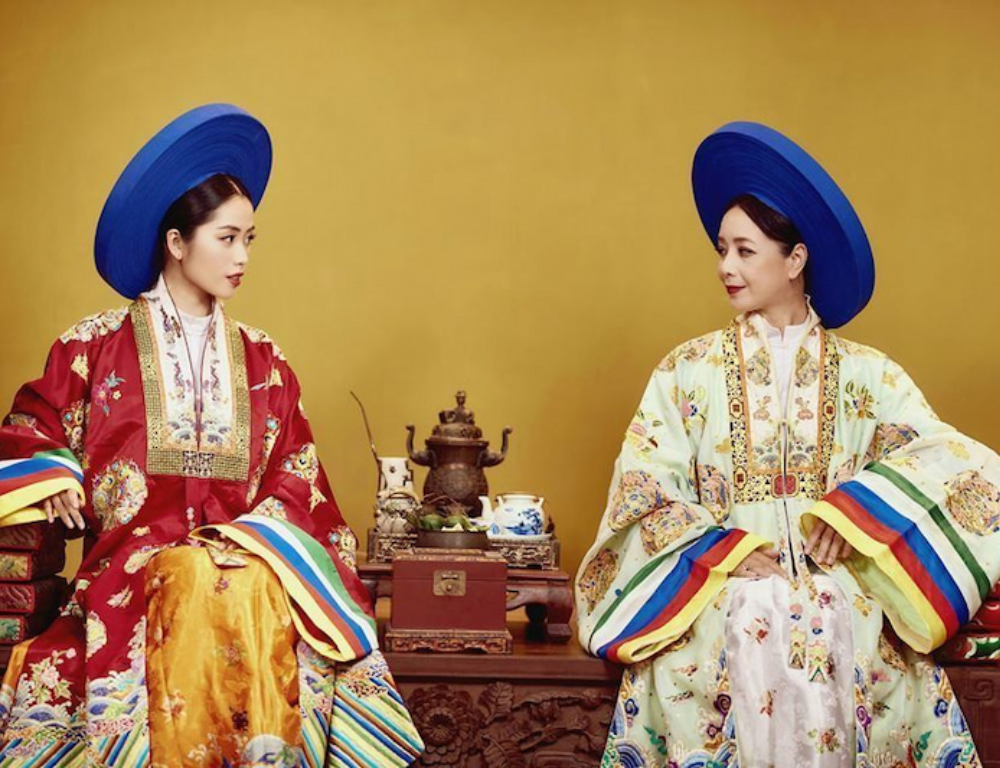
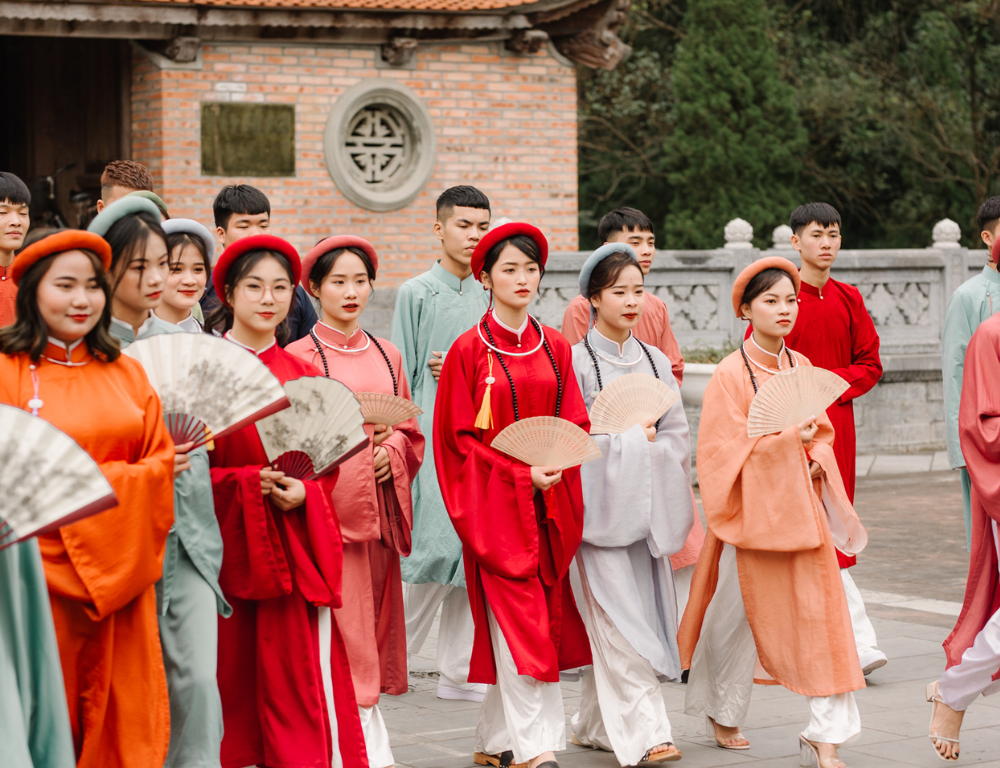
4.3. Traditional Music and Instruments
Vietnam’s musical heritage is a captivating tapestry of diverse influences, ranging from ancient court music to contemporary folk songs. Traditional Vietnamese instruments, such as the haunting dan bau, the melodious dan tranh, and the rhythmic nhi, create a unique soundscape that evokes the soul of the nation. These instruments, along with the soulful vocals of traditional singers, transport listeners to a world of emotion and beauty.
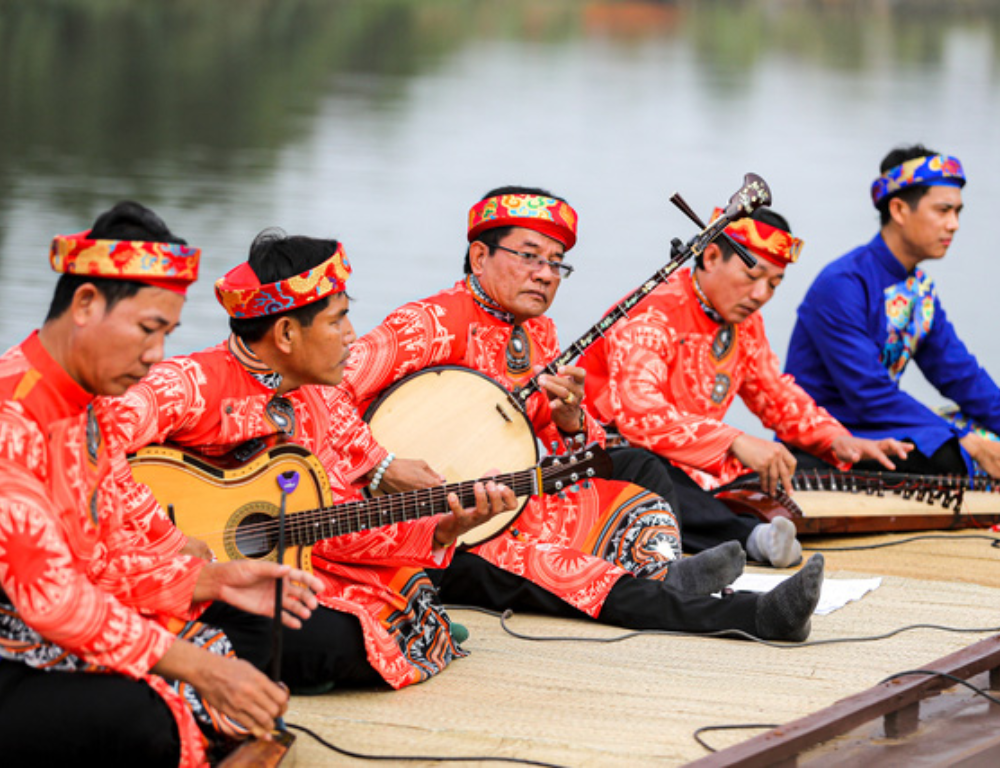
🔥 Want to experience the best experience in Hanoi? Click Hanoi Train Street for A Unique Blend of Old and New Journey.
5. Exploring Vietnam’s Vibrant Festivals
5.1. Mid-Autumn Festival
The Mid-Autumn Festival, a beloved celebration in many Asian cultures, is particularly special in Vietnamese culture. Families gather to admire the full moon, share mooncakes, and light up the night sky with colorful lanterns. Children, especially, look forward to this festive occasion, as they receive traditional gifts like toys and candies. The festival not only celebrates the harvest but also symbolizes family reunion and the beauty of the autumn season.

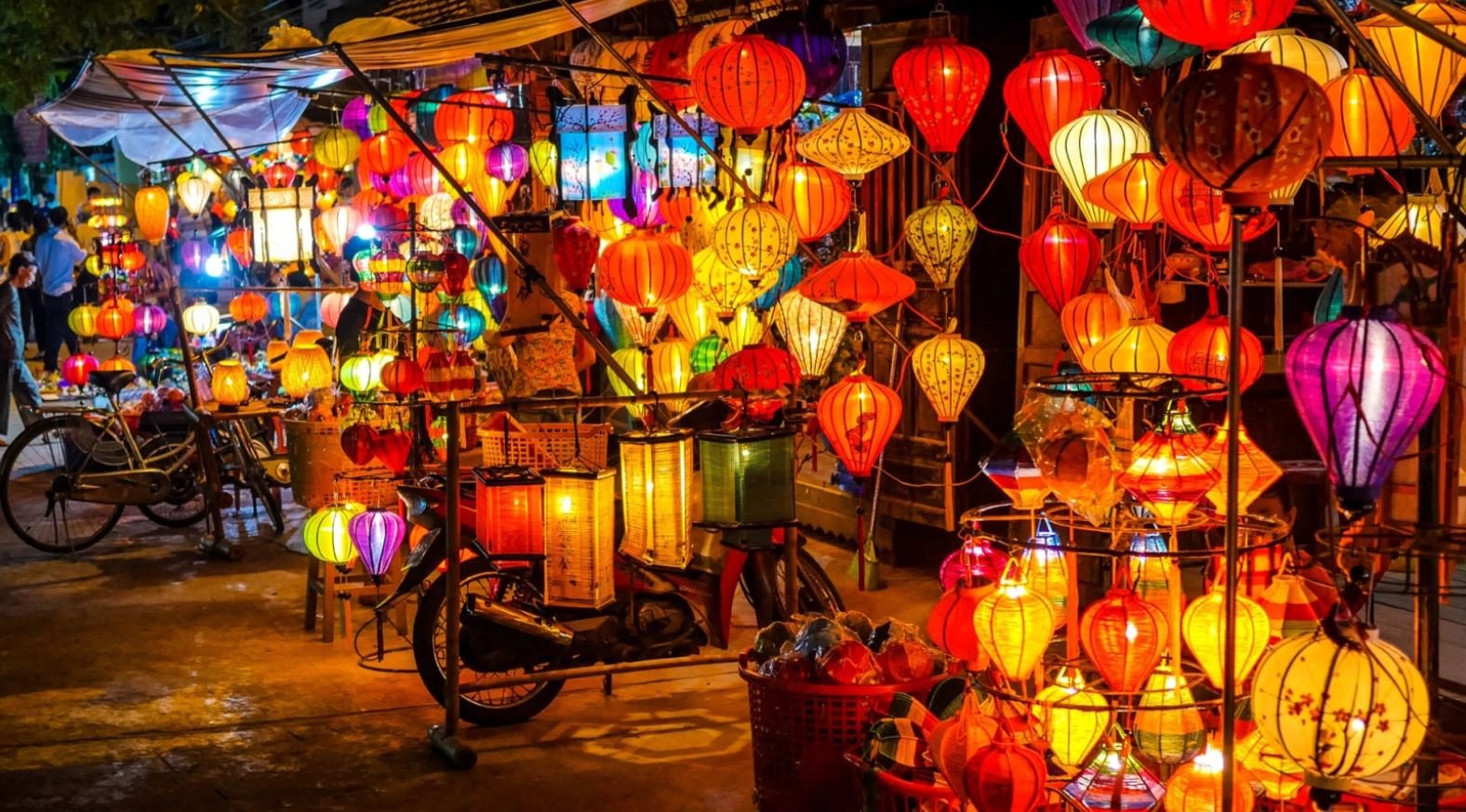
5.2. Hung Kings’ Festival
The Hung Kings’ Festival is a significant national holiday in Vietnam, commemorating the legendary founders of the nation. Held annually on the 10th day of the third lunar month, this festival involves a variety of rituals and ceremonies, including offerings to the Hung Kings at their temples. People visit historical sites, participate in traditional games, and enjoy local delicacies. This event serves as a reminder of Vietnam’s rich history and fosters a sense of national pride.

5.3. Hue Festival
The Hue Festival is a grand cultural extravaganza that showcases the diverse artistic and historical heritage of Vietnam. Held every two years in the ancient capital of Hue, this festival features a wide range of performances, including traditional music, dance, and theater. Visitors can also explore historical sites, witness royal processions, and indulge in local cuisine. The Hue Festival is a captivating blend of tradition and modernity, offering a unique cultural experience.
🔥 Don’t know what to pack for your trip to Vietnam? Our comprehensive Vietnam Packing List has you covered!
6. FAQs
- What is unique about Vietnamese culture?
Its blend of history, traditions, and modern influences makes Vietnamese culture truly one-of-a-kind. - How do Vietnamese customs differ from other Asian cultures?
Vietnam’s unique mix of Confucian values, colonial influences, and local traditions set it apart. - What are the must-try cultural experiences in Vietnam?
Celebrating Tet, enjoying street food, and attending a water puppet show are just a few highlights. - How can tourists respectfully engage with Vietnamese traditions?
Learning basic Vietnamese phrases, dressing modestly, and showing respect for local customs go a long way. - Is the Vietnamese language hard to learn?
While challenging due to its tonal nature, even learning a few phrases can enhance your experience.
7. Why Experience Vietnamese Culture?
In conclusion, exploring Vietnamese culture isn’t just about sightseeing; it’s about connecting with history, people, and a way of life that emphasizes balance, respect, and joy. Ready to embark on this cultural journey? Vietnam awaits!
Experience Vietnam like never before with Sun Getaways Travel. Our all-inclusive trips cover every detail, from accommodations and transportation to unforgettable experiences, depending on your interests (Our Customized Private Tour for each customer to Vietnam 🇻🇳). Ready to embark on your next adventure?
Ask a question
Leave a Comment (0)
No questions yet. Be the first to ask a question!

